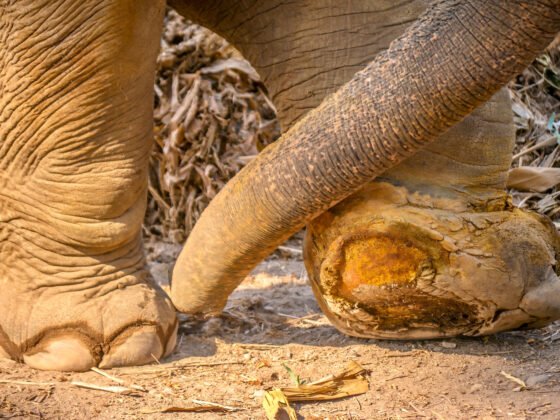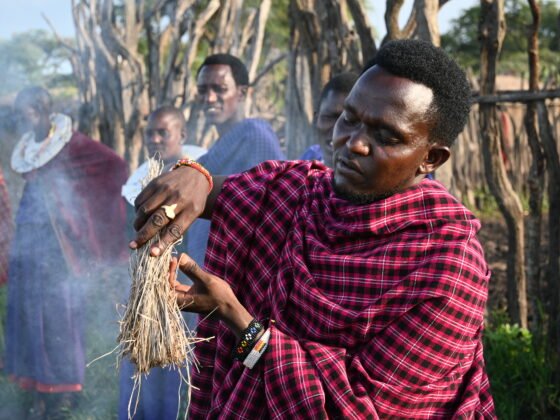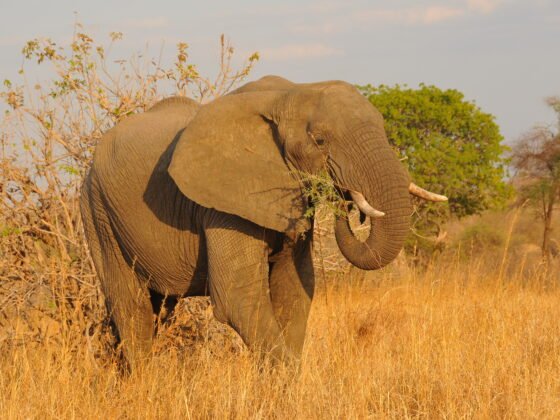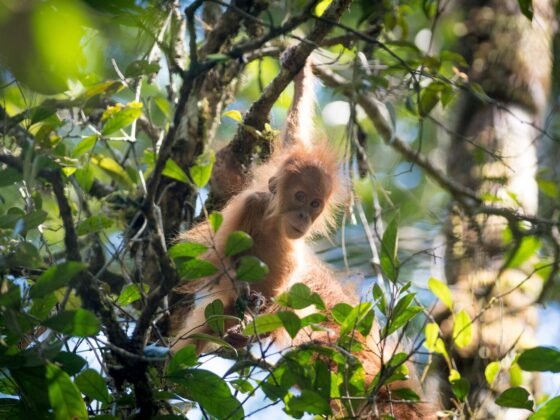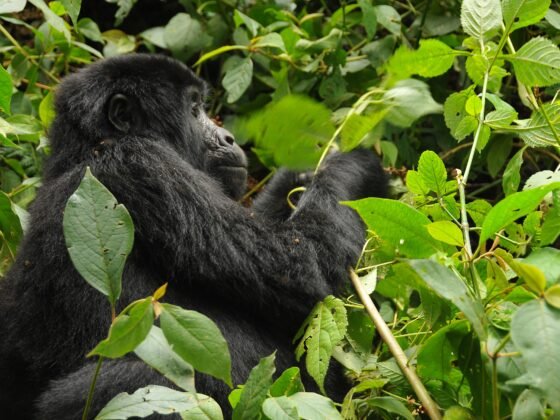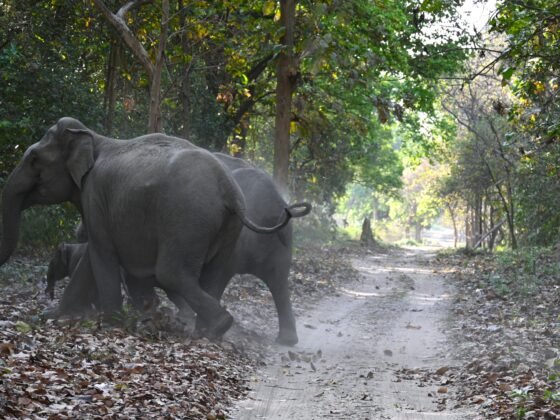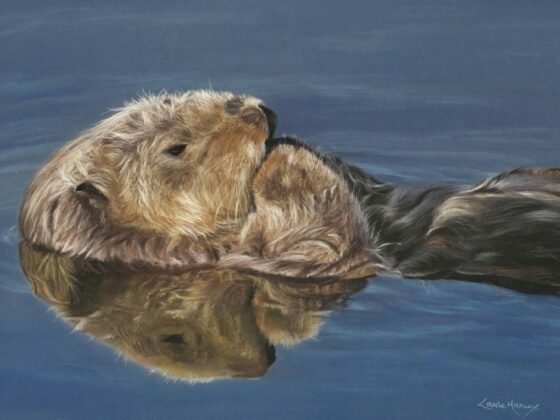 2020 was predicted to be a profitable year for the safari industry in Africa, boasting the second-fastest-growing tourism industry in the world at this time. There was much optimism and predictions that the tourism industry would bring in billions of dollars across the African continent, but then Covid-19 hit and things ground to a halt.
2020 was predicted to be a profitable year for the safari industry in Africa, boasting the second-fastest-growing tourism industry in the world at this time. There was much optimism and predictions that the tourism industry would bring in billions of dollars across the African continent, but then Covid-19 hit and things ground to a halt.
Africa’s safari industry has always been reliant on travellers from around the world, but now the current climate of national and international lockdowns is leaving this industry whose focus is international wealthy tourists, hit hard. All safari holidays have been cancelled and it isn’t clear yet as to when the industry will be able to recover. Limited travel has resumed in Europe, but international travel is still restricted. International lockdowns, border closures, cancellations of visas and self-imposed isolation when arriving at some destinations have put a halt to the tourism industry in Africa. Tourism is vital to fund and motivate conservation, This is leading some experts to worry that conservation will suffer and be another casualty of the global pandemic.
Impact on the industry
Africa sees 62.5 million visitors every year, bringing in annual revenue of $39 billion dollars. The tourism industry employs ten million people in Africa and it’s estimated that 14 million more jobs are created as a result of this. With the average cost of a safari setting tourists back $7,000 per person, as well as the money they spend in local communities buying food, souvenirs and park fees, this input into the economy is vital. It’s estimated by the World and Travel Tourism Council that the tourism industry accounts for 9% of Africa’s income. So the impact of COVID-19 is going to hit many people who rely on tourism hard.
One online website asked its 308 safari tour operators how they have been affected in a recent survey. 93% of companies stated they had lost 75% of their bookings for this year. The impact was far-reaching, hitting companies in Kenya and Tanzania alike. Some were struggling to pay for their facilities or staff members. There has been limited government support for the industry throughout Africa, with many businesses having to rely on their own funds to try and keep things ticking over. Many companies have gone bust overnight or have placed their staff members on leave without pay.
Impact on conservation
The pandemic is having a direct effect on wildlife conservation. The tourism industry is a key part of funding conservation and research across Africa. Money is raised through safari tours, national park fees and guide fees, all which are a lifeline to ensuring the park is kept safe. Money is starting to run out and many parks are feeling stretched with rising unemployment rates, this means that some anti-poaching patrols are no longer able to operate. There is a real fear that the pandemic will threaten to undo the huge progress that has been made in recent years in tackling poaching.
Conservation is in crisis across the continent, the WWF has warned that many conservation projects will be shelved or closed indefinitely and that it may take years to recover from the fallout. There is a real worry that now thousands of people have lost their jobs that they may turn to illegal poaching, hunting or logging to make ends meet. Whilst the world is focused on protecting human lives and stopping the spread of the pandemic, there will be implications on the wildlife industry that may take decades to recover from.
An increase in poaching
Poaching has always been a threat, but the park rangers, safari tours and anti-poaching units have had success in tackling this illegal and damaging industry. But now there are no tours and many rangers have been made unemployed, there are no boots on the ground, giving poachers newfound freedom.
In Botswana, they have seen poaching increase and the Rhino Conservation Botswana have described the situation as an absolute crisis. In March alone, six black rhinos were killed in the Okavango Delta. In South Africa, it is a similar picture, with nine rhinos being poached and seven being killed in a two day period. There have also been troubling reports from China that rhino horn is being recommended as a remedy against Covid-19.
In Kenya and South Africa, there has been an increase in illegal hunting of bushmeat. This underground trade existed before the pandemic, but with so many people out of work, it will now become more mainstream. Park rangers have been discovering traps are being laid for animals that would never have been put down before. It’s a worrying development, as consuming bushmeat can be perilous, one only has to think of the Ebola crisis to remember the danger of handling or consuming infected animals from the bush.
What does the future hold?
The future is uncertain, but there is hope that the industry will return once the global pandemic is under control and people are able to travel internationally, albeit maybe a little differently using more baggage delivery services and having more restrictions in place. There is a fear that there will be an impact on travellers who are over 65 and that the retirement market will take time to return. But there is hope that the industry will recover and the animals will draw people back. One of the most important things that this has highlighted is the dependency on international tourism. Many companies are now considering how they can move forward and attract a mix of local and international tourism. The future holds many uncertainties, but what is certain, is that the rangers and people who work in these parks are dedicated to preserving and protecting the rich wildlife for generations to come.


